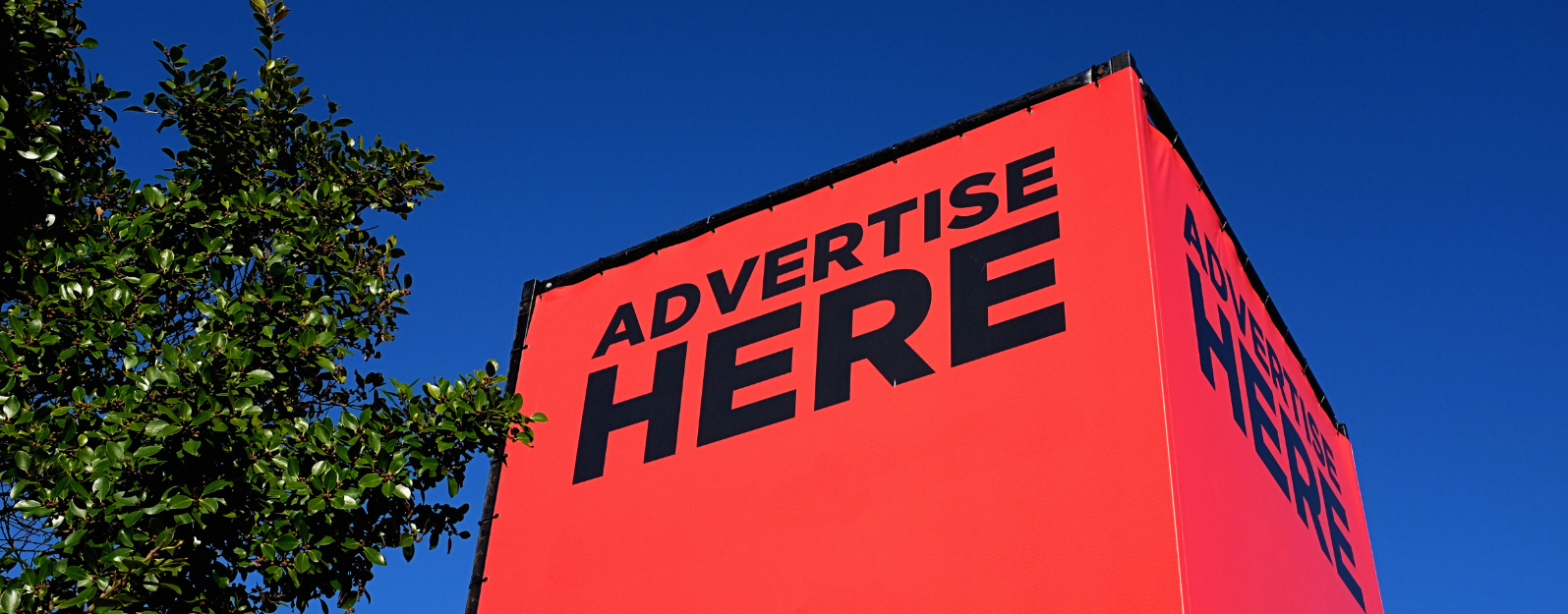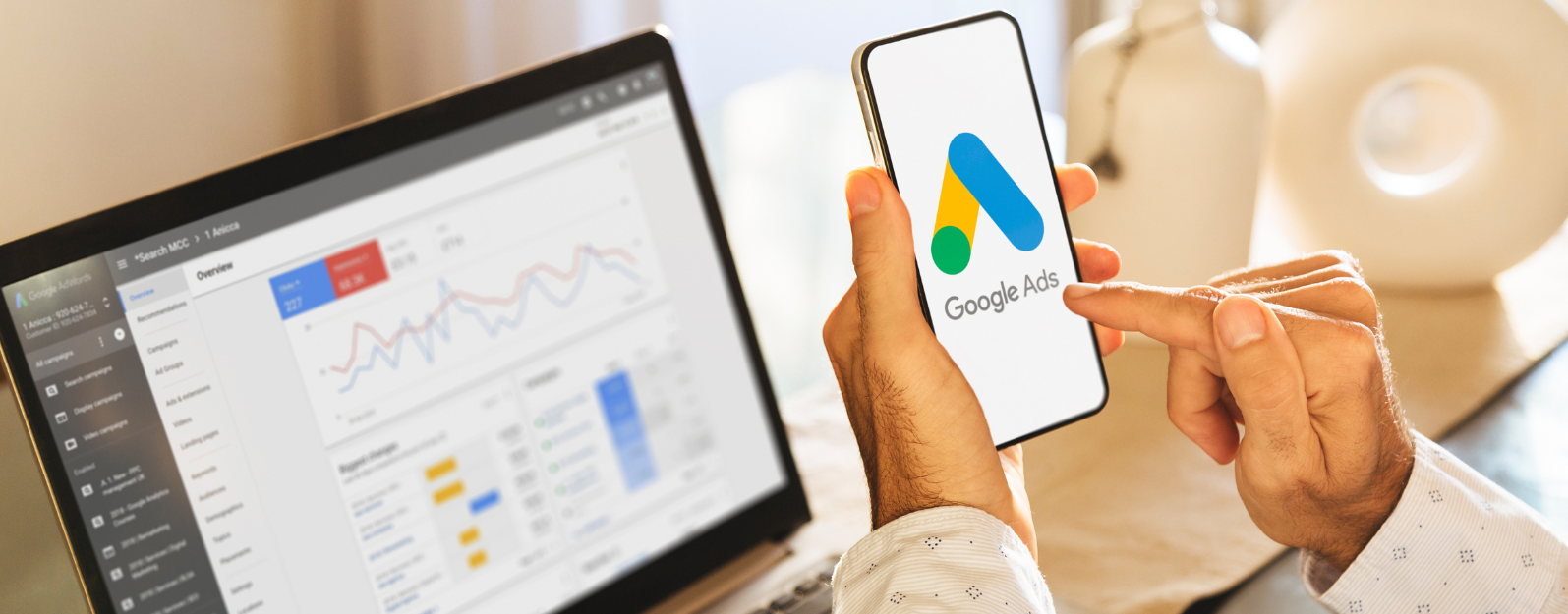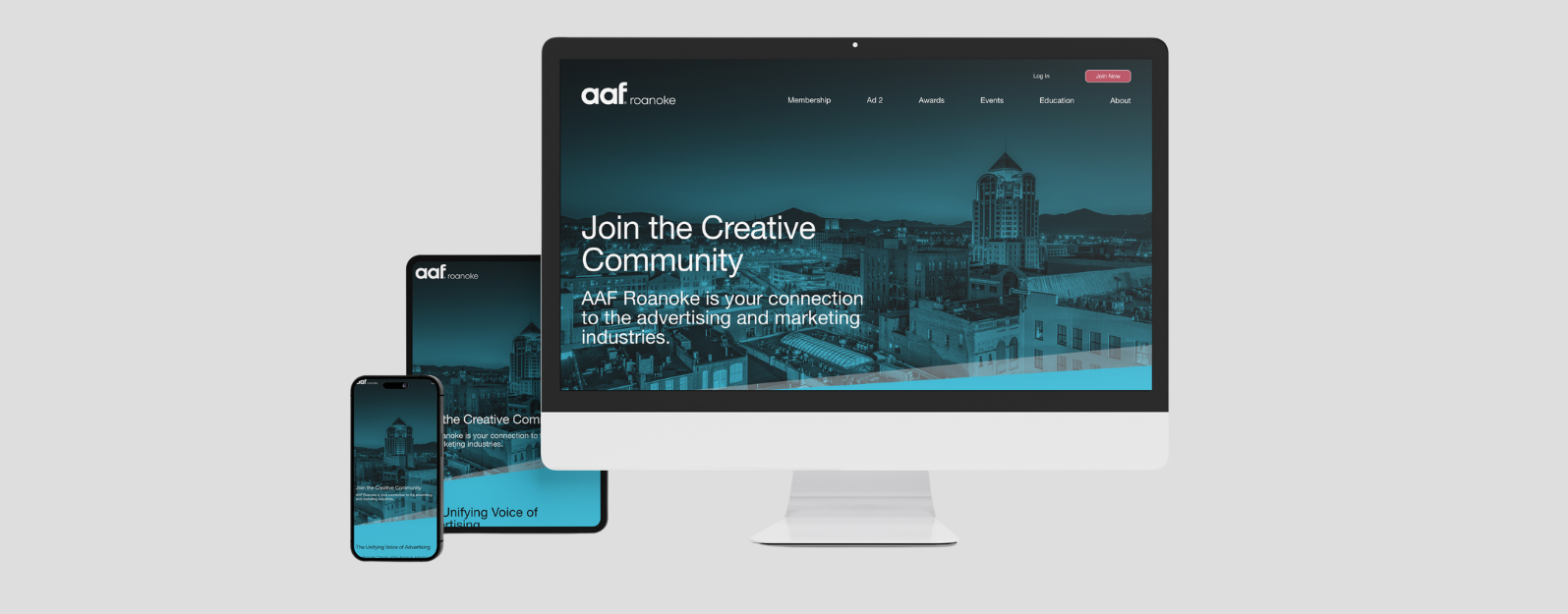
The lead
Advertising Articles

Writing Killer Ad Copy: Tips to Boost Your Click-Through Rates
Read
Advertising

Advertising is More Than Slogans and Cute Jingles
Read
Advertising

In Marketing, You Can’t Put a Price on the Value of Curiosity
Read
Advertising
Marketing

How to Use Google Analytics to Improve Your Marketing Strategy
Read
Advertising
Marketing

The Ultimate Guide to Keyword Research in 2025
Read
Advertising
Marketing
SEO

7 Marketing Resolutions for 2025
Read
Advertising
Marketing

Why Using an Agency is Better Than DIY Google Ads
Read
Advertising

This is the Time to Say “Thanks”
Read
Advertising
Marketing

Your Website is More Than Just a Website
Read
Advertising
Marketing

There’s a “Plus” to Your Return on Investment
Read
Advertising
Marketing
Get advice directly in your inbox.
Subscribe to The Lead today to receive monthly updates packed with industry news, expert advice, and emerging trends.
